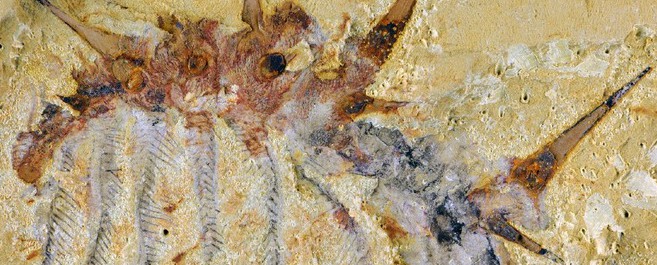Sport science postgraduates present research at international conference

Postgraduate students from the Department of Sport, Health and Exercise Science have presented their research findings at the International Conference of Environmental Ergonomics.
MSc students Fiona Nation and Matt Birkett, supervised by Dr Andrew Garrett, investigated the effectiveness of short-term heat acclimation in hot conditions and its potential as a training aid for performance in cool temperate conditions that we experience in the UK.
This work has an occupational application such as the preparation of the military before embarkation to hot countries and can be applied to sports performance.
The conference, held at Action Stations Visitor Centre, Portsmouth in early July, was an international experience, with over 200 delegates from 27 countries attending.
Their work received a postgraduate award to attend the conference from W. L. Gore & Associates, who make the outdoor clothing Gore-Tex.
The poster presented at the conference is available to download here. The conference abstract will be published in the international journal Extreme Physiology and Medicine.






